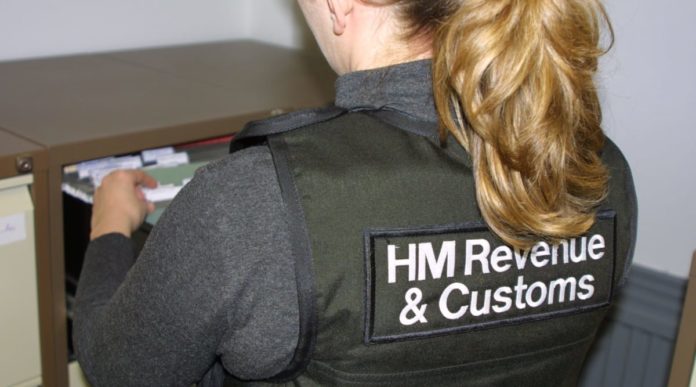April 2023
The current income tax penalty system disproportionally penalises those on low income. How can it be fixed?
Did you know that HMRC dished out 400,000 penalties to people with little or no tax to pay?
Between 2018 and 2020, almost 400,000 people earning less than £13,000 received a penalty for not filing a tax return on time, says Tax Policy Associates.
It said very few of these ‘tax payers’ had any tax to pay, given that the tax-free personal allowance was around £12,000. But, by failing to submit a tax return, they were fined at least £100, and often thousands of pounds. For most of those affected, the penalty represents more than half their weekly income.
Tax Policy Associates believes that the Government, HM Treasury and HMRC have been acting in good faith, and have to date been unaware of the disproportionate impact that penalties have on the low paid.
It wants a change in the law and HMRC practice, and it is making three key recommendations:
1. Monitoring
HMRC should start monitoring late submission penalties across income deciles, (using other sources of data, i.e. not limited to those provided to the Tax Policy Association through a Freedom of Information request) to provide a more complete picture of the impact on the low paid, including the level of penalties paid (i.e. not just the data on £100 penalties).
HMRC should also know how many penalties are never paid by these deciles and get written off? The Tax Policy Association suspects this is a fairly high proportion – in which case all that is being achieved is stress for the recipients of the penalties, and administrative cost for HMRC.
It said armed with that data, HMRC should aim to reduce the disparities identified and report annually on its progress.
2. Rework processes
The data reveals that there is a significant population of self assessment ‘taxpayers’ who are being required to complete an income tax self assessment, are charged a late submission penalty, but turn out to have no tax to pay.
HMRC should analyse this population with a view to determining:
- How many of these are taxpayers who in retrospect should not have been required to submit a self assessment return at all.
- Whether that could have been determined in advance, on the basis of the information HMRC possessed at the time.
- If it could be determined in advance, what additional processes should be put in place by HMRC to prevent such taxpayers being required to submit a self assessment in the future.
- If there are small changes which could impact this population’s tax compliance, for example changing envelope labelling (although it may be this work has already been done).
3. Cancellation
The final recommendation is that fixed rate late submission penalties should be automatically cancelled (and, if paid, refunded) if HMRC later determines that a taxpayer has no taxable income.
Most likely that would be after a subsequent submission of a self assessment form; but no further application or appeal should be required.
Similarly, there should be an automatic abatement of penalties (by, say, 50%) if HMRC determines that a taxpayer has a taxable income but it is low (for example less than £15,000).
In both cases, an exception could be made where HMRC can demonstrate that the failure to file was intentional (i.e. for truly exceptional cases, and not applied by an automated process).
The Tax Policy Association anticipate that creating such a cancellation and abatement rule may fall outside HMRC’s “care and management powers”, and therefore may require a change of law.
- Tax Policy Associated Limited is a not-for-profit organisation. Read the full report at https://tinyurl.com/us8x5n3u




